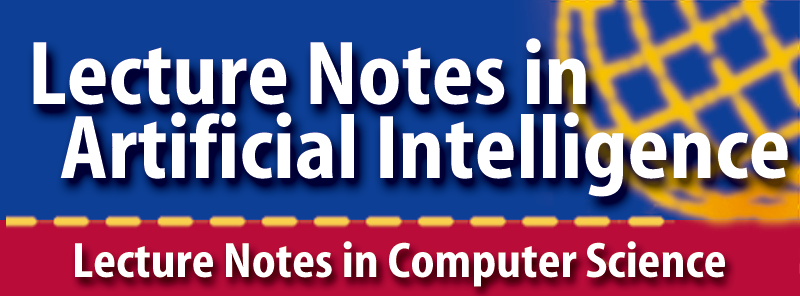Call for workshops
The first day of the conference (September 23) will host a workshop and tutorial programme and we invite applications for workshops and tutorials. Please see the Call for workshops and tutorials for more information.
Call for papers
ECSQARU 2025 will welcome papers on the theory and practice of reasoning under uncertainty. This includes the following topics, but is not limited to:
- Algorithms for uncertain inference)
- Applications of uncertain systems
- Argumentation
- Acting under uncertainty
- Belief functions
- Belief change and belief merging
- Classification and clustering
- Decision theory and decision graphs
- Default reasoning and non-monotonicity
- Description logics with uncertainty
- Foundations of reasoning under uncertainty
- Fuzzy sets and fuzzy logic
- Game theory
- Hybrid reasoning
- Imprecise probabilities
- Inconsistency handling
- Information fusion
- Learning for uncertainty formalisms
- Logics for reasoning under uncertainty
- Markov decision processes
- Planning under uncertainty
- Possibility theory and possibilistic logic
- Preferences
- Probabilistic graphical models
- Probabilistic logics
- Qualitative uncertainty models
- Rough sets
- Uncertainty and data
Submitted papers must be original and not under review in a journal or another venue with formally published proceedings. They will be evaluated by peer reviews based on originality, significance, technical soundness, and clarity of exposition. The reviewing process is single blind.
Authors of accepted papers are expected to attend the conference to present their work, at least one author of each paper must register for the conference.
Submitted papers must be at most 12 pages (excluding references) in the Springer LNCS/LNAI format:
Paper submission, in PDF format, will be managed through OpenReview at
and will be opened on January 1, 2025.
It is mandatory to register an abstract beforehand. The abstract submission deadline is May 8, 2025 May 21, 2025 (extended); and the submission deadline for papers is May 15, 2025 May 28, 2025 (extended).
Accepted papers will be published in the Springer Lecture Notes in Artificial Intelligence (LNAI) series, which is a LNCS subseries.
